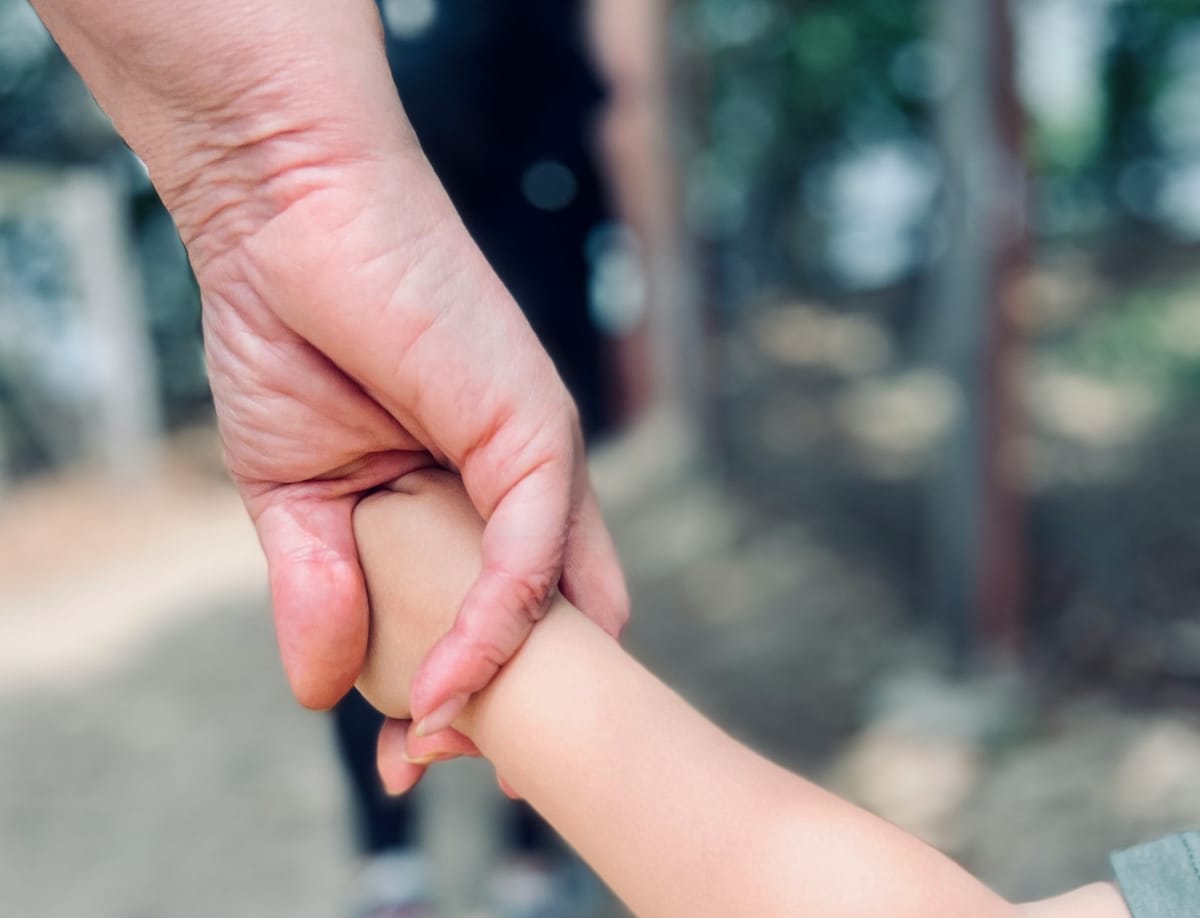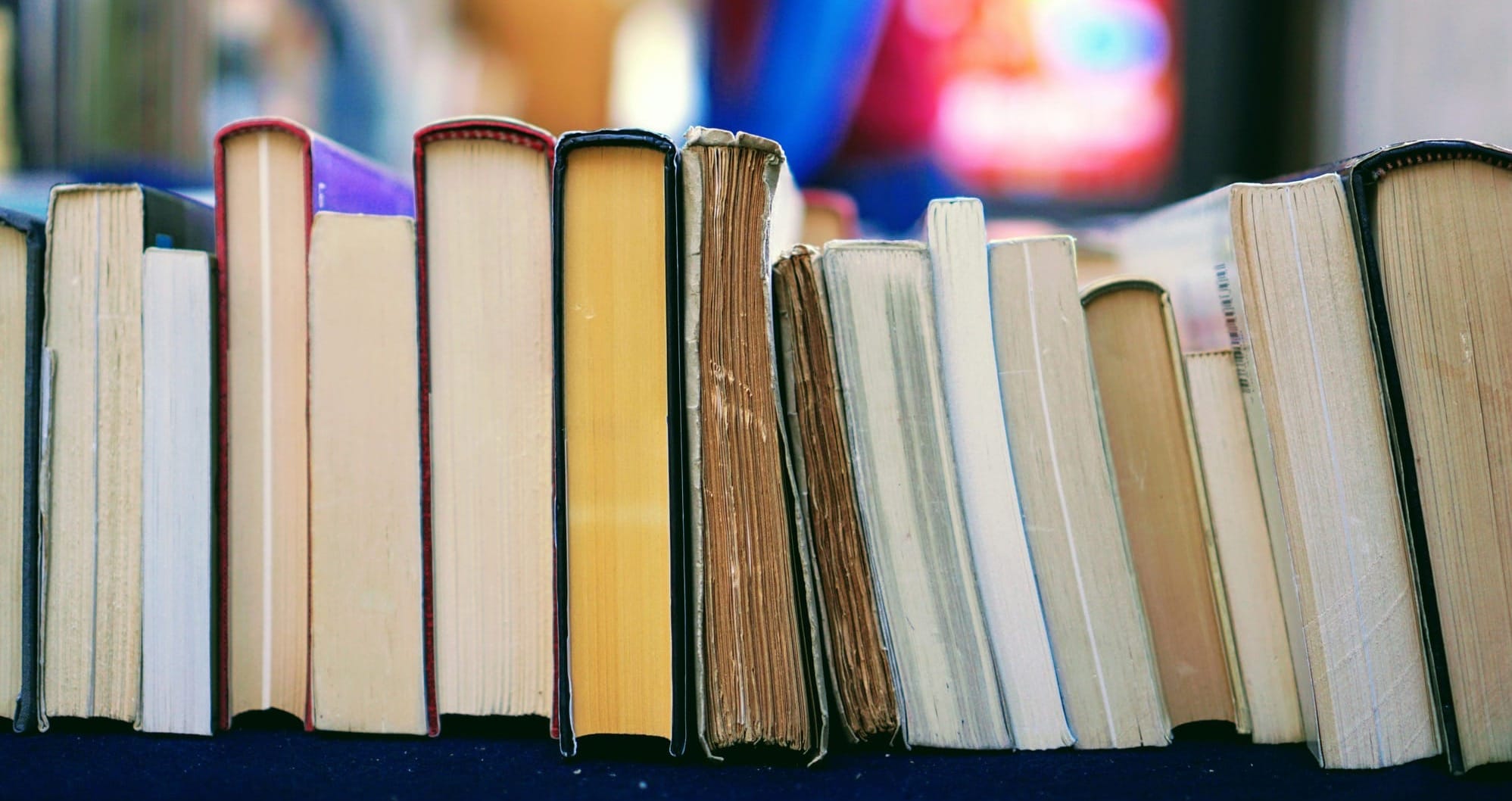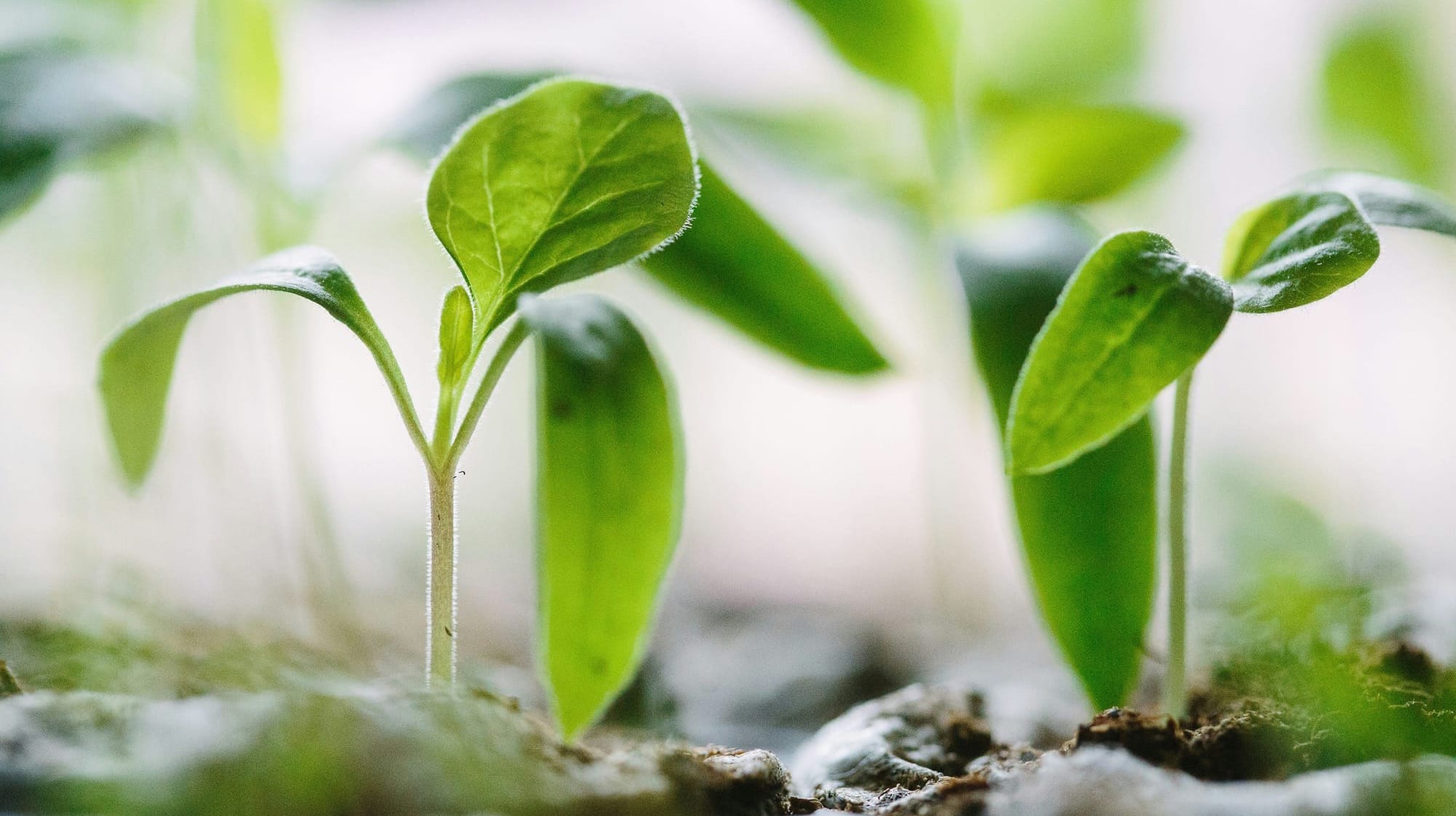Thoughts: Holding Hands, and Letting Go

Sometimes a transition—a graduation, a move, a new job—brings excitement and vitality. Other times, even presumably happy changes can slam us with sadness, or a sense of dread or emptiness. The final day of daily caregiving for two of our grandchildren, who are moving on to summer camp and full-day kindergarten, came at me the second way, and got me asking unhappily, What was all that time with the kids for? And what do I do now?!?
Old story of course: Kids grow up, and as they gain footing, they leave parents and grandparents (pretty much) behind. So after a few tears, and a few days of shock, I reviewed the bittersweet basics: how lucky I have been to be with them so much; that I will continue to see them a lot; and that growing up, like growing old, is part of the human deal.
Despite that pep talk (such as it was) I’ve been feeling lost. I think the aimlessness is partly a delayed retirement reaction; because I was caring for the grandkids after retiring from teaching, I didn’t have to figure out how to fill—much less enjoy—my days. But the emptiness is deeper than just wondering what to put into my iCal (I mean, I could always clean the basement). It’s the sudden shock that I’m done doing something important. And then suddenly wondering what is important—because I do have to do something different with my time now (and I’m pretty sure a pristine basement is not my priority, centipedes or no).

Options?
So I applied my Western philosophy bent and training to my dilemma and sadness. In philosophy-speak, questions like “What is important in life?” and “Why do this rather than that?” often get lumped under the umbrella question “What is a good life?” There’s a smorgasbord of replies, a few samples from which follow (FYI, this list is strictly western, so it misses out on rich eastern, indigenous, and other traditions):
• Dominant U.S. culture: A life that earns money, success, or fame.
• Theological: A life oriented toward God.
• Other transcendent purpose: A life pursuing an abstract ideal like country, freedom, or service.
• Nihilist: There is no right (or wrong) answer.
• Hedonist: A life of pleasure (wisely chosen, not wanton).
• Pursuing eudaimonia (rich happiness): A life lived virtuously, and therefore contentedly.
• Functionalist: A life that fulfills one’s human potential (biological and social).
• Greatness of soul (Nietzsche): A life that develops your unique virtues.
• Iconoclast: Be a loser (to avoid self-enslavement to social demands that define “loser”).
• Never mind—just distract yourself.
Missing the point
OK, way too much there. Just explaining those, not even weighing pros and cons, would take (at least) a book. Turns out that complexity doesn’t matter, though, because having made the list, I realized that none of these rang true to the ache I feel missing the grandkids, or to the simple joy of holding a hand, cuddling to read, laughing at and with their silly chatter. These and the hundreds of other moments with the grandkids have nothing to do with dominant US culture; they are earthly, immediate—not transcendent—joys or sorrows; they are too real to be nihilist; pleasure may be part of it but it doesn’t seem to be the point; and focus on self (rather than the kids) seems off base—in either a self-aggrandizing or iconoclastic way; and although the sorrow is painful, I want to hold it along with the joys—not be distracted from it.
I’m not denying the insights of many of these approaches. For example, the balance and practicality of seeking eudaimonia, which requires virtue and wisdom across the full length and range of human life, or recognizing and building on human function, seems to me to have solid connection to modern everyday life, despite the traditions’ roots in ancient Greek philosophy.
Still, even these traditions abstract and generalize from human experience, and I find myself not wanting to do that. Instead, I keep coming back to the pure experiences of looking into the kids’ beautiful eyes, or watching them climb higher up the playground equipment every time we go, or seeing them run with total abandon through a field.
In other words, what matters to me right now is self-contained in the held hand, the cuddle, the relationship. There is no point in asking “what is the meaning?,” or adding a layer of explanation to the significance. Holding hands just is the importance, as is letting that hand go.
That appreciation doesn’t help me fill my calendar. But I think it will, over time, help to fill my soul.

In better words
Here’s a more beautiful phrasing of a similar idea, thanks to poet, friend, and grandparent Van Anderson.
Being in this body
eventually the soul descends
from thought and speculation
from argument and rendering
an absolute opinion
it spreads the compost, turns the soil,
then rakes it fine and plants
the seeds then waits to watch them toil
through earth as tiny saints
as elemental angels green
with hope with envy of
the roots, the sun, the air the rain
that free the force of love
to live within our dust, along
our curbs and city streets,
to bloom our fields and hills that sing
the sacred suites
of being in this body here
where nothing’s ever clear
except we know the sun will rise
to burnish each day’s whys